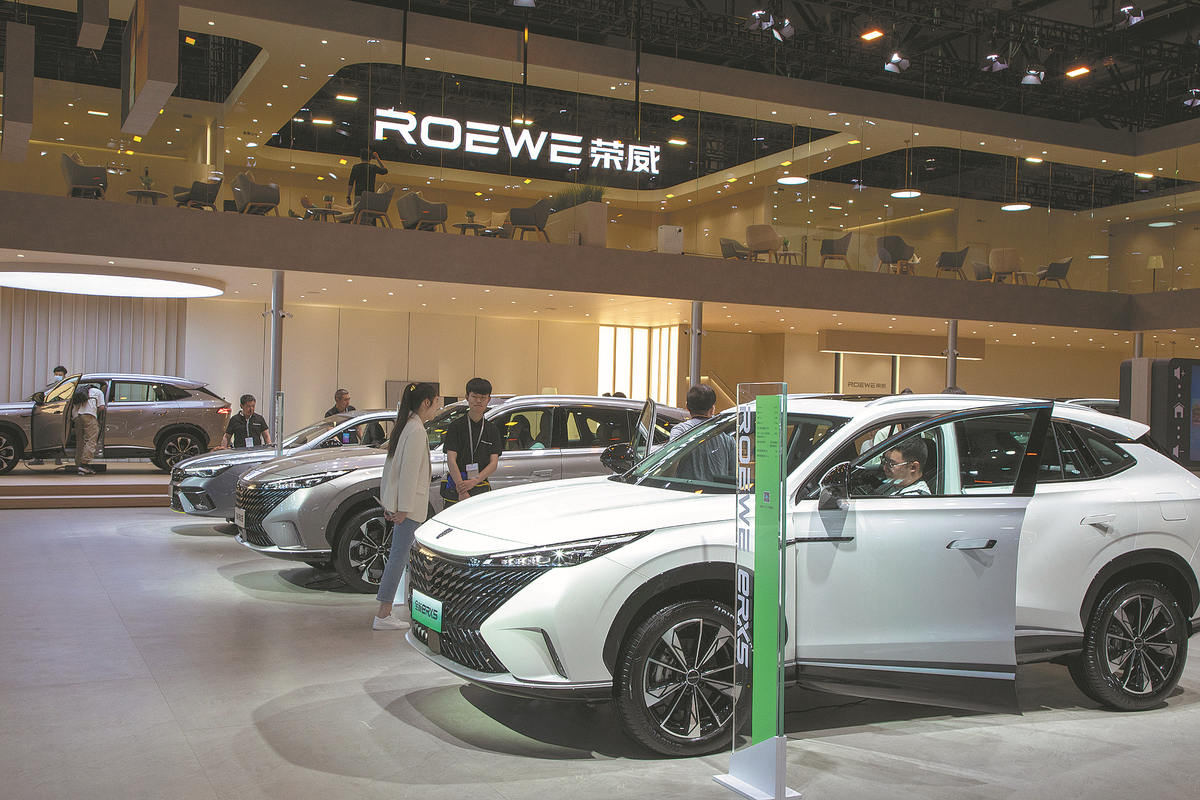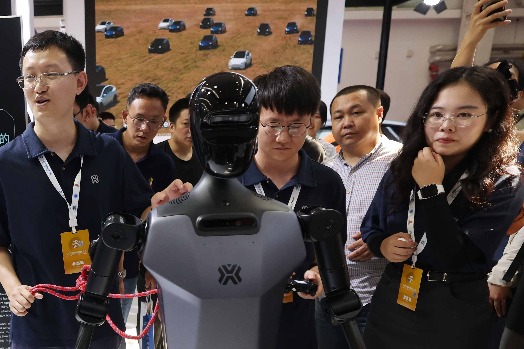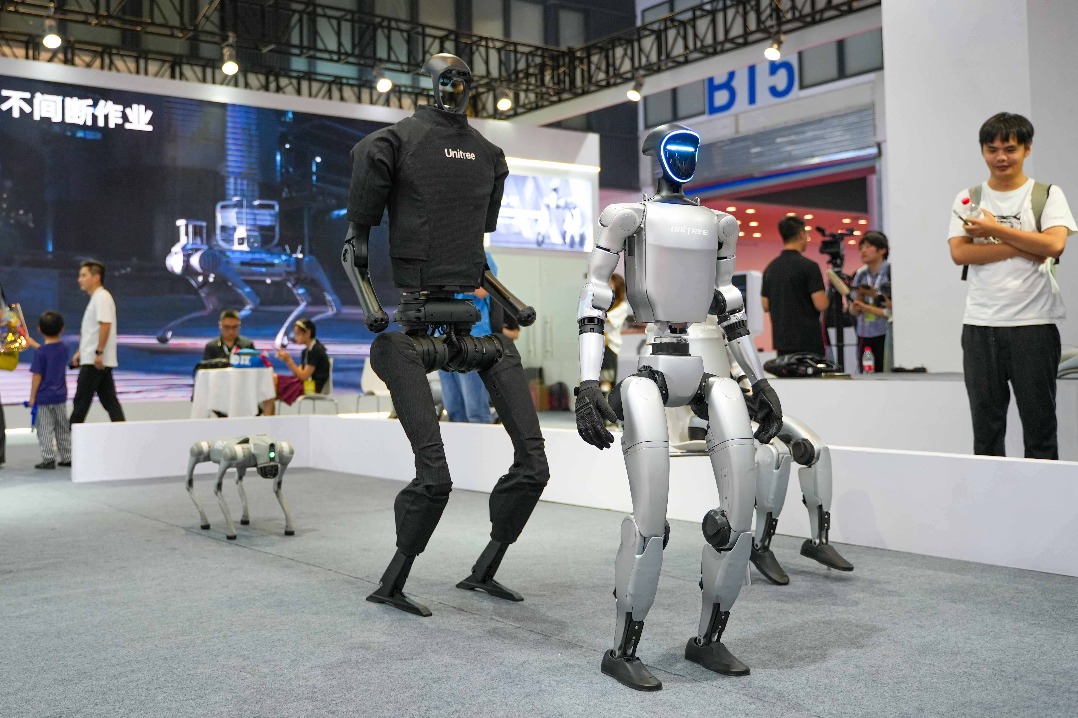Experts challenge 'capacity' claims


Amid the ongoing rhetoric about China's so-called "overcapacity", there is a lack of substantial evidence to support such claims, and it appears that Western countries' concerns are actually rooted in their fear of China's potential to outcompete them in some key industries, officials and experts said.
Labeling China's capacity as excessive is not based on reality and is merely a political discourse that is both hypocritical and shortsighted, representing a resurgence of trade and investment protectionism, they added, and called for a rules-based international trading system promoting equal opportunities and shared benefits for all nations involved.
Automakers in some European countries have long neglected the transition to electric vehicles, said industry experts. By invoking dumping allegations, the automakers sought import restrictions on Chinese EVs. As a result, European Commission President Ursula von der Leyen soon launched an investigation into whether to impose punitive tariffs to protect European automakers.
A similar scenario is unfolding in the United States. The White House has been increasingly inclined to use non-market means to dodge normal market competition.
After many years of technological upgrading and accumulation, Chinese enterprises have made continued progress toward the upstream segment of the global industrial and value chains, particularly in sectors such as photovoltaics, lithium-ion batteries and new energy vehicles, giving them a competitive edge in the global market, said Feng Weijiang, deputy director of the Institute of World Economics and Politics at the Chinese Academy of Social Sciences.
The success of those Chinese enterprises has benefited other countries through providing high-quality products at affordable prices. However, rather than embracing the concept of comparative advantage and mutual benefit, Western countries seem determined to use various tactics to undermine China's achievements by hurling accusations and applying negative labels, Feng said.
In the realm of economics, a fundamental principle has withstood the test of time over two centuries — comparative advantage. This principle states that if a country can manufacture goods at a lower cost than another, trade barriers in the form of tariffs should be avoided. Instead, the country should import those goods and, in return, focus on enhancing the efficiency of its own industries.
Noting the fallacy of linking production capacity issues with international trade, Jin Xiandong, head of the office of policy studies at the National Development and Reform Commission, China's top economic regulator, emphasized that a surplus of exports does not necessarily indicate overcapacity.
China's substantial imports of goods such as chips, aircraft, soybeans and crude oil each year cannot be viewed as evidence of overcapacity in the exporting countries. Varying levels of production capacity in different industries are determined by the comparative advantages of each nation, Jin said.
"If we think purely from the perspective of market principles, there is no such thing as overcapacity once there is an imbalance in supply and demand, and the market will motivate enterprises to adjust production and seek technological progress in order to align with market demand," said Huo Jianguo, vice-chairman of the China Society for World Trade Organization Studies.
"It is not a surprise that the US and some developed economies tend to adopt restrictive measures against China in fields in which China starts showing growing competitiveness," he said.
China's success in new green sectors is due to innovation and market competition, not government subsidies, and it aligns with the global need to address climate change, Huo added.
Trade barriers, such as tariffs, can hinder this process by artificially inflating prices and distorting market dynamics. While protectionist measures may offer short-term benefits to certain industries, they often come at the expense of overall economic efficiency and consumer welfare, experts said.
The approach of Western countries to trade can be summarized as follows — advocating for free markets when they have a competitive advantage but resorting to protectionism when they do not, said Xu Hongcai, deputy director of the China Association of Policy Science's Economic Policy Committee, adding that accusations of Chinese "overcapacity" are a typical case of double standards.
wangkeju@chinadaily.com.cn




































